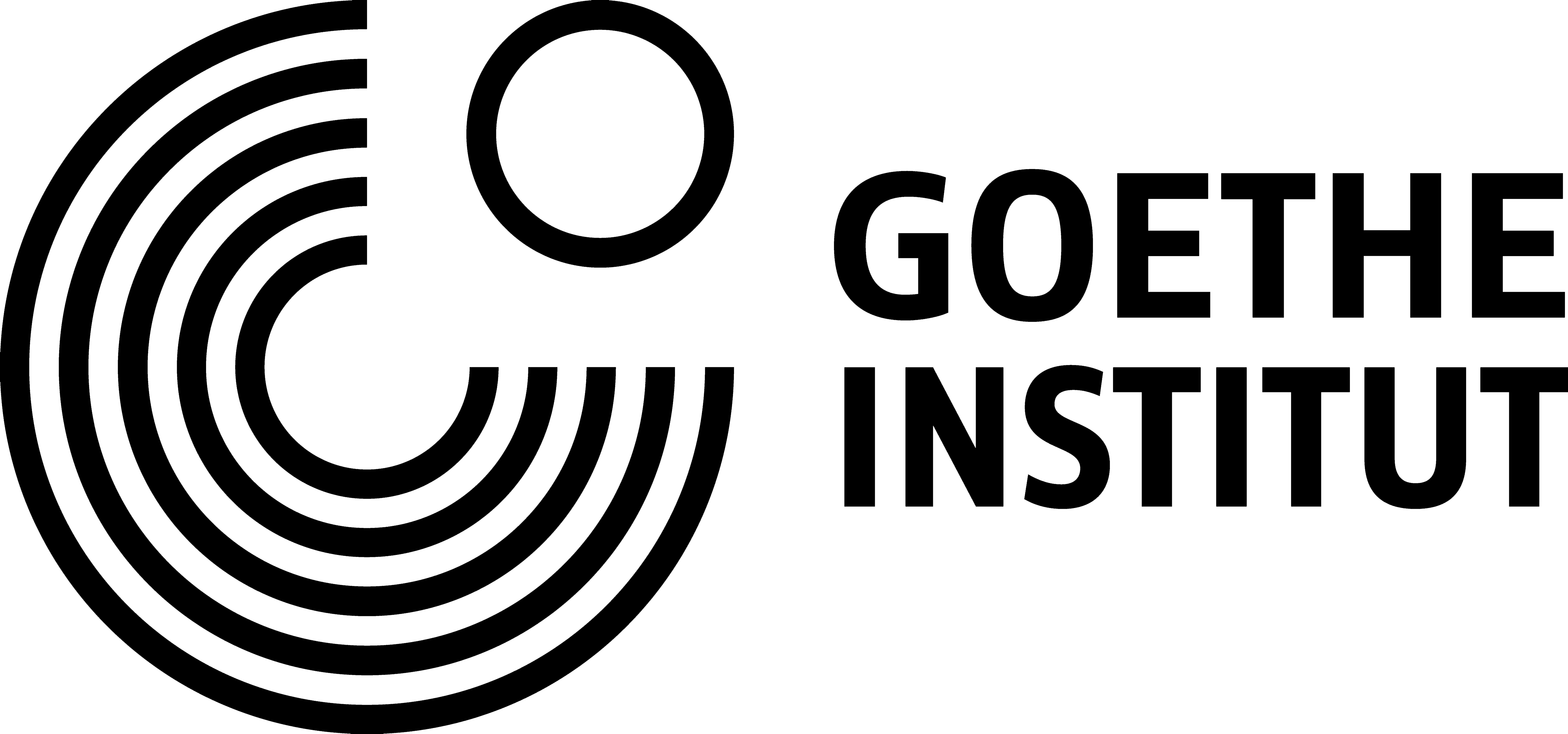Archiving
Hausa Feminist Writings
Archiving
Hausa Feminist Writings
Text by
Sada Malumfashi
Images by
Salma Ja’eh
8 min read
Between 1984 and 1988, Talatu Wada Ahmed wrote and distributed her first novel Rabin Raina (My Soulmate) - a series of three similarly titled, but unrelated novels, privately printed in Zaria. This kick started a revolution as a whole range of Hausa novels hit the market in northern Nigeria. Women made up the majority of the writers and readers of the novels. A feminist idealism sprouted in the novels where women advocated against the conservative norms of the society.
These women writers however are mostly uncomfortable with the western definitions of feminism; they just went about their writing to set themselves free, set the women of northern Nigeria out to be able to see the light, and within that stratoshphere, feminism sprang out while balancing their religious faith and social relations and negotiating the tensions of cultural, religious and traditional elements and attracting the wrath of being condemned as heretics.
Despite the low levels of literacy, these books are written in the region’s lingua franca, Hausa and contributes to the growing body of indigenous African written literature, reaching a large constituency of Hausa speakers, many of whom have a poor command of English. By the year 2000, researchers at the School of Oriental and African Studies of University of London have documented over 730 Hausa novels published. Currently researchers at the Kaduna State University have documented an additional 520 books.
The first set of Hausa novels were written in 1933, and men dominated the field. It would take another 50 years before women could catch up with their male counterparts in terms of written literature in Hausa. They now dominate the field. In 1984, no one imagined that Talatu Wada Ahmed’s self-published pamphlet will transform to a movement that cut across linguistics divide within Nigeria, West Africa, Europe and America. It captured the imagination of the young and old, men and women, literate, semi-literate.
Writing about feminism came with its own struggle especially for the women writers. Combined with the negligence of education for women compared to men’s in northern Nigeria, women writers were always at a disadvantage. These women writers started a revolution through the messages in their works. Voices that were previously viewed as nonentities and unworthy of any serious indulgence now command the attention of millions of readers all over northern Nigeria calling for transformation of gender relations, re-orientation of attitudes to women, and defying patriarchy and misogyny at all levels of society. Northern Nigeria’s patriarchal domination, the culture of silence and men making all the rules is being broken down, brick by brick using literature as a tool for feminist activism.
Safiyyah Jibril Abubakar (Ummu Abdoul)
Author: Gidan Aurena (My Marital Home)
Winner: 2018 BBC Hausa Women Short Story Writing Competition
“I wrote my first novel as an undergraduate student in University while working part-time as a secondary school teacher. I wanted to use to my writing to change attitudes and belittling of women in Hausa society. Immediately I published my first novel, I began receiving messages from women, pouring out their hearts about issues affecting them and relating to the stories in my book. In 2018, my short story ‘Ya Mace (Girl Child) explored issues of child marriage and a woman as a second class citizen in the society. The story rose me to prominence as I won the BBC Hausa Short Prize. I see myself as a gender activist, but if you call me a feminist writer, I am fine with that also. It is unfortunate that Hausa society, and even all over the world, religion is twisted to degrade women. Due to my writings, I have been bullied a lot on social media, and being tagged as a heretic and a stooge of the Western society and their ills.”
Asma’u Lamido
Author:Keta Haddi (Abuse); ‘Ya’yan Safara (Children of Trafficking);Matsalolin Mu (Our Problems); Zumunci Bayan Rai (Relationships After Life)
“I started writing as a girl in primary school. My older siblings used to read the early Hausa novels and narrate them to me. This pushed me to get a book, where I began to scribble my own stories. In 2008, I published my first novel, Zumunci Bayan Rai, I was 18 years old then. This was followed by my second book, Matsalolin Mu which was published when I was an undergraduate in University; then my third and fourth books ‘Ya’yan Safara and Keta Haddi followed respectively. After publishing my books, I received a lot of calls and messages from readers, some were inspired to become writers themselves, while others just wanted to vent out their frustrations as they related to the characters in my stories. When I published Matsalolin Mu, I explored issues of drug abuse and portrayed queer stories in the novel. I got a lot of abuse based on this, with some calling me wayward and an ill to the society. In the novel ‘Ya’yan Safara I narrated experiences of girl child trafficking, girl child abuse and the need for women empowerment. The truth is we need more feminist writings.”
Umma Muhammad RImaye
Author: Sajida; Akasi (Antithesis); Kabilanci (Ethnicity), Kanin Ajali (Cause of Death)
“I began writing in 2006. I was inspired from reading a lot of Hausa novels especially reading Balaraba Ramat’s novels such as Wa Zai Auri Jahila? (Who Will Marry the Ignoramus?), this pushed me to also write about issues affecting women in the society. The biggest challenge I am currently facing is a backlash from the society, because of my writing advocating for women rights. I am been seen as a religious heretic and out to undermine the authority of men in the society. But there are a lot of positives from my writing, as I have received personal visits from women readers who wanted to just thank me for bringing out their stories and the issues affecting them in my stories. We need more writers, more women to write about issues affecting us in the society to bring about the desired change.”

